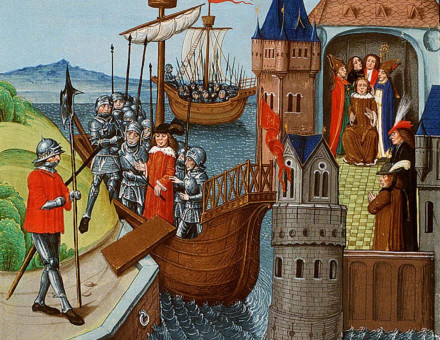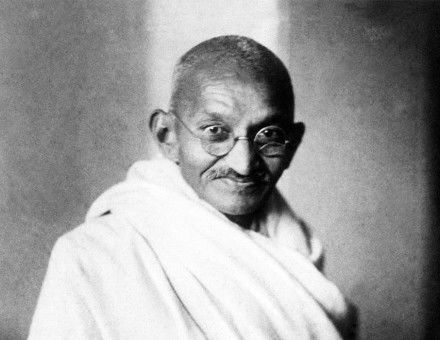Josephine Butler - Feminism's Neglected Pioneer
White slavery and under-age prostitution - two of the crusades associated with the social reformer Josephine Butler. Her contribution to the self-image of 19th-century women was, however, more complex than the lurid headlines might suggest, argues Trevor Fisher.
In the history of British feminism, Josephine Butler occupies a marginal position; She has been overshadowed as a feminist pioneer by the dramas surrounding Florence Nightingale, the Pankhursts and the militant suffragettes. Yet in her campaign against the Contagious Diseases Acts, Josephine Butler fundamentally changed the terms of women's political lives. She not only challenged the Victorian taboo that sexual matters were unmentionable, but by taking a dominant role in a major pressure group permanently destroyed the notion that women could not take a leading pan in politics.
Josephine Butler was the path- breaking pioneer of a women's right to political independence. In the half century before the formation of her Ladies' National Association in 1869, women had actively supported anti- slavery, the Anti-Corn Law League and temperance and suffrage movements, but no woman had become a national political activist. Josephine Butler did just this, and in leading her campaign to success after a decade and a half established that women were not inferior to men in terms of political ability.





